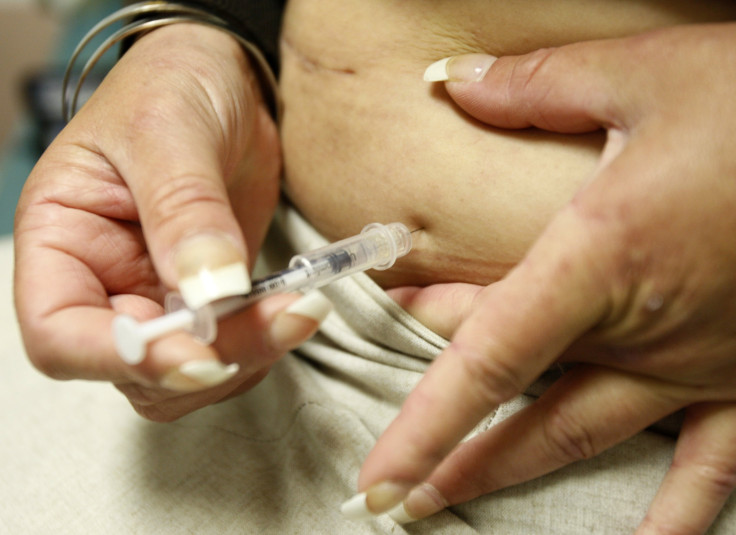Smart Insulin, A New Solution For Diabetes

"Smart" insulin currently in making is to treat people with type I diabetes. Smart insulin, once injected remain in the blood stream, switch on an off according to the sugar levels in the blood.
Smart insulin seems to have given good results in the experimental trials in mice. The insulin circulates in the blood for 24 hours once injected and activate automatically when the blood sugar level drops. Patients taking multi-shots of insulin a day will be largely benefitted from this new smart insulin.
Diabetic patients needn’t worry guessing the amount of insulin they need with respect to their diet everyday as the smart insulin can adjust to requirement of their body even if it is over-shot, says Danny Chou, a chemical biologist leading the research at the University of Utah.
Type I diabetes is an autoimmune disease common among young children caused by the body’s inability to produce insulin. The insulin required to allow glucose to enter the cells are not produced in sufficient quantity by the pancreas. Type I diabetes was once referred as juvenile diabetes as it was common in children and adolescents, but now the disease is widely seen in adults as well. No cure for this disease is found by far, but it can be effectively managed with taking insulin doses as directed by the physician.
The patient has to monitor the blood glucose level often and take insulin shots as required sometimes many times a day. Over dosing of insulin will result in a condition called hypoglycaemia responsible for about 10 percent deaths in diabetic patients.
Ins-PBA-F, referred as smart insulin, is designed to bind with albumin, a protein in the blood, as soon as injected and is released to regulate the circulating glucose when the sugar level increases. Taking a shot of smart insulin for the whole day or even a week to keep diabetes under control is quite exciting, said Karen Addington, chief executive of the Juvenile Diabetes Research Foundation in the UK.
To report problems or to leave feedback about this article, e-mail: saranya@ibtimes.com.au





















